We know how cognitive biases can negatively affect decisions in the workplace or even at home, but consider how cognitive bias affects your escape room. Cognitive biases play a part in hindering your thought processes, preventing you from arriving at the correct solution by narrowing the focus of your thinking. Even choosing a room can be negatively impacted by cognitive bias. Here are three of the biggest cognitive bias culprits you can find among groups at Escape Games Canada.
Bandwagon Bias
Right out of the gate, Bandwagon Bias can negatively affect your initial escape room experience. Researching the “most popular” room, checking to see what everyone else is booking, these are things that can lead to your team booking a room that maybe isn’t best to start with or that your group wouldn’t like. A room that always tends to fill at Escape Games Canada is The Haunting of Noriko, which is scary–if you pick a room based on the fact that other people are picking it, but you don’t like horror at all, you’re not going to have an amazing time! To get rid of bandwagon bias, take a look at the rooms that we offer, phone in to our information and reservation line to pose questions, and choose the room that most appeals to your team–even if it doesn’t seem super popular.
Anchoring Bias
The first puzzle your team gets stuck on is always a tricky obstacle to overcome. Whether you’ve been on a roll and suddenly hit a wall, or whether it’s the first puzzle you encounter in your game, getting stuck can be caused by a number of reasons, one of which is Anchoring Bias. Anchoring Bias is when you latch on to the first piece of information you encounter, or the first theory you come up with, and are convinced that this first idea is true. It’s another way that cognitive bias affects your escape room. But thinking like that can prevent you from considering the puzzle from another angle, and your first idea could be completely incorrect! Keeping an open mind and taking a moment to step back from your current thought process can create a flexibility that lends well to puzzle-solving. Un-Anchoring your Bias may be exactly what you need to solve that tricky puzzle.
Confirmation Bias
Confirmation Bias is one of the most dangerous downfalls to escapers. When a group only focuses on information that proves what they already believe to be true, that’s when Confirmation Bias comes into play. Confirmation bias can lock you into a rut that will prevent your group from moving forward and will waste the precious hour your team has in the room to escape. It limits the information you’re pulling from around you, and shields you from the information that may be more useful or relevant to the task at hand. Once again, take a moment to pause and consider if you even had the right idea in the first place, and consider the rest of the information around you before locking in to a solution.
So now you have a little more insight into how cognitive bias affects your escape room. There’s plenty of other biases that have an impact, but Bandwagon Bias, Anchoring Bias, and Confirmation Bias are the three biggest culprits you can find in and around an escape room.


